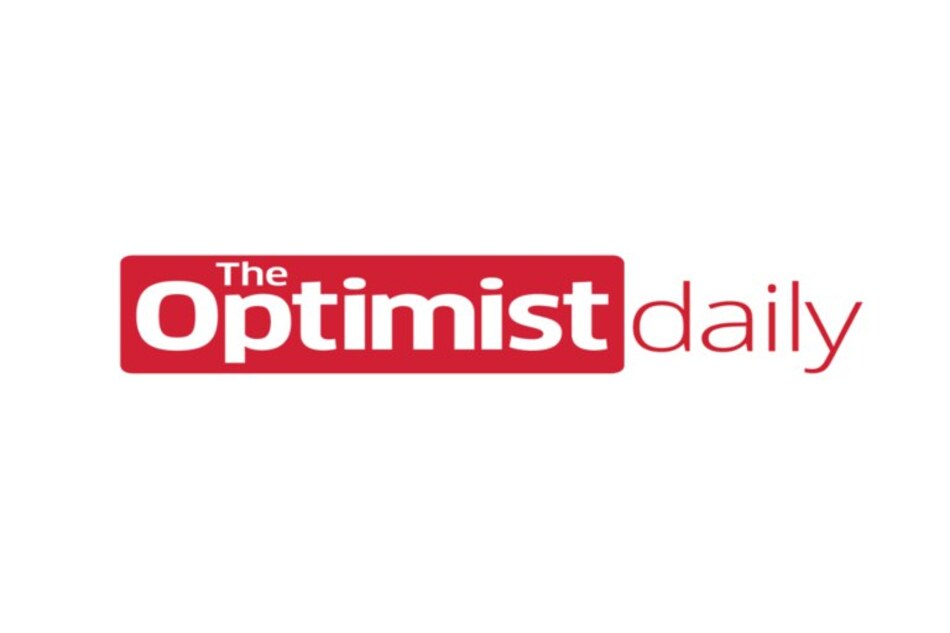Before the pandemic, “period poverty” was already an issue. Over the course of the pandemic, due to job instability and income loss, the problem of period poverty has been exacerbated.
A UK-based non-profit that supplies period products to the underprivileged called Bloody Good Period reports that the level of demand is six times higher than what it was pre-Covid, but people are more often than not too embarrassed to even ask for help when it comes to menstruation. Over half the world’s population experiences, has experienced, or will experience the monthly event of menstruation, and the average menstruator spends around $9 per month on period products — if they can afford to.
To combat this, Bloody Good Period launched a campaign called “NoShameHere” to encourage people to speak about period stigma. They’ve partnered with ad agency Mother London, which reworked the classic 1992 CeCe Peniston track “Finally” into a period-stigma anthem that illustrates the various ways e menstrual cycles impact people’s lives.
Mother London decided to hire an all-female animation team at studio Strange Beast to produce the film. The team was determined to create a piece that would get people talking about periods and period stigma like never before. “We wanted to create an entertaining, fun, positive film that hyperbolized the real experiences that happen when you get your period,” says Susan Hosking, the executive creative director for the project. “By dialing up the volume of what you saw and heard, it helped to emphasize how natural periods, and what happens to your body around them, really are.”
Other non-profits and period product bands are working to remove the stigma of periods, too. After all, without this completely natural bodily function, we all wouldn’t exist. Removing the stigma of periods and making it easier for people to talk about their experiences is an important step to reach the widespread goal of helping more menstruators get access to sanitary products.
This revolutionary stance is a stark contrast to what we’ve been conditioned to accept. For the better part of the past century, period products have been marketed as tools to keep periods secret. In fact, most ads will market their products without even mentioning blood.
These days, brands are striving to normalize menstruation. For instance, the brand Libresse became the first ad to ditch that strange blue liquid that demonstrates the effectiveness of period products. Instead, they decided to depict actual blood in their “Blood Normal” campaign. Agency account director Sarah Hore-Lacey said that the team “Realized that if we went out and showed blood in the most normal way possible like it wasn’t a big deal, we know it could be groundbreaking.”
Newer brands like Thinx and Modibodi are following suit and becoming more comfortable about being direct about periods. Both released ads that were actually “banned” for illustrating too accurately what having a period is like. So, in short, the work here is just beginning, and the journey will be long, but there has been significant progress and slowly, perceptions will be changed. Because menstruation is normal and nothing to be ashamed of. Period.











